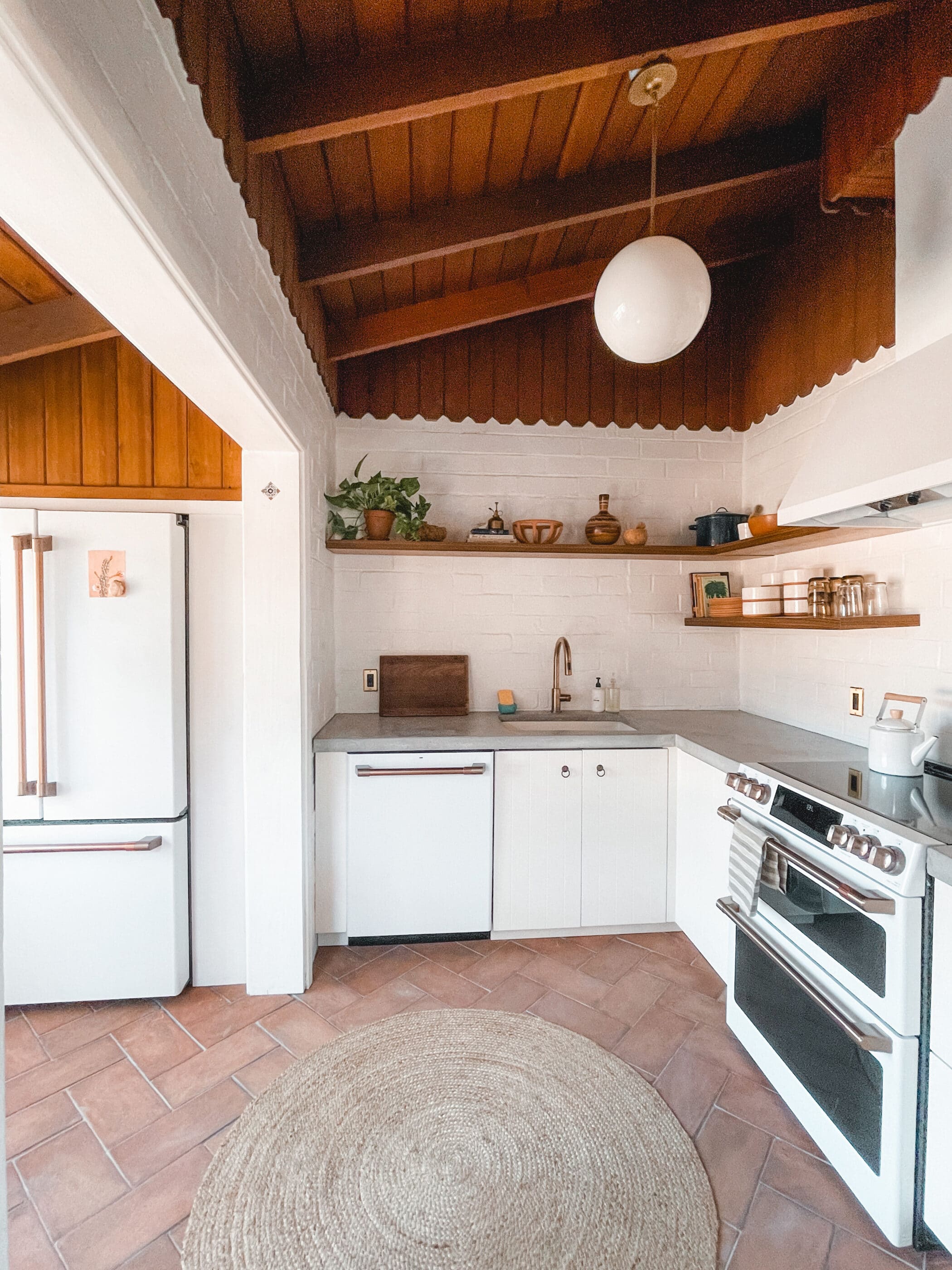A light weight hiking tent is an essential piece of gear for any outdoor enthusiast. Whether you're embarking on a multi-day backpacking trip or a weekend camping adventure, having a tent that is lightweight and easy to carry is crucial. In this blog post, we will explore the benefits of using a light weight hiking tent, provide tips for choosing the right tent for your needs, and share some recommendations for top-rated tents on the market.
The Benefits of a Light Weight Hiking Tent
When it comes to hiking and camping, every ounce counts. Carrying a heavy tent can add unnecessary weight to your pack and make your journey more difficult. A light weight hiking tent is designed to be compact and lightweight, making it easier to carry and reducing fatigue during long hikes. These tents are typically made with lightweight materials such as nylon or polyester, and feature innovative designs that maximize interior space while minimizing weight.
Additionally, a light weight hiking tent is easier to set up and take down, saving you time and energy at the campsite. Many models feature simple pole systems or even freestanding designs, allowing you to quickly and easily pitch your tent without the need for complicated instructions or multiple people.
Choosing the Right Light Weight Hiking Tent
When selecting a light weight hiking tent, there are several factors to consider. First, you'll want to determine how many people will be using the tent and choose a size accordingly. Most tents are labeled with their intended capacity, but keep in mind that these ratings can be tight, so it's often a good idea to size up if you prefer a more comfortable sleeping space.
Next, consider the seasonality of your trips. If you plan on camping in colder conditions, look for a tent with a four-season rating and additional features such as a full-coverage rainfly or a double-wall construction. For warmer weather, a three-season tent will generally suffice.
Finally, be sure to check the weight of the tent and consider how it will fit into your overall gear setup. Look for a tent that is lightweight without sacrificing durability or comfort. Pay attention to the materials used, the number of poles, and any additional features that may add weight.

No comments:
Post a Comment